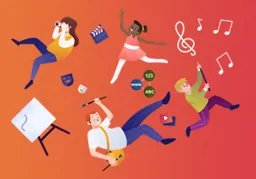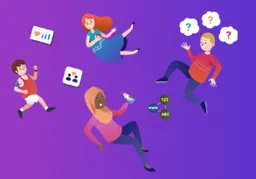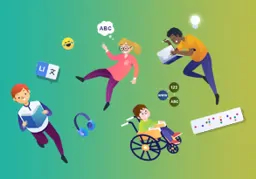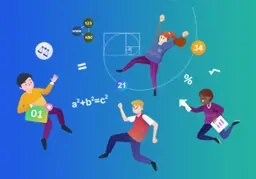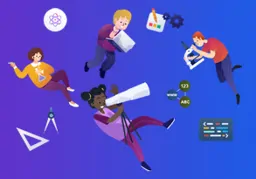AREA OF LEARNING AND EXPERIENCEHumanities
Guidance to help schools and settings develop their own curriculum, enabling learners to develop towards the four purposes.
4. Descriptions of learning
Descriptions of learning provide guidance on how learners should progress within each statement of what matters as they journey through the continuum of learning. Learn more about descriptions of learning.



